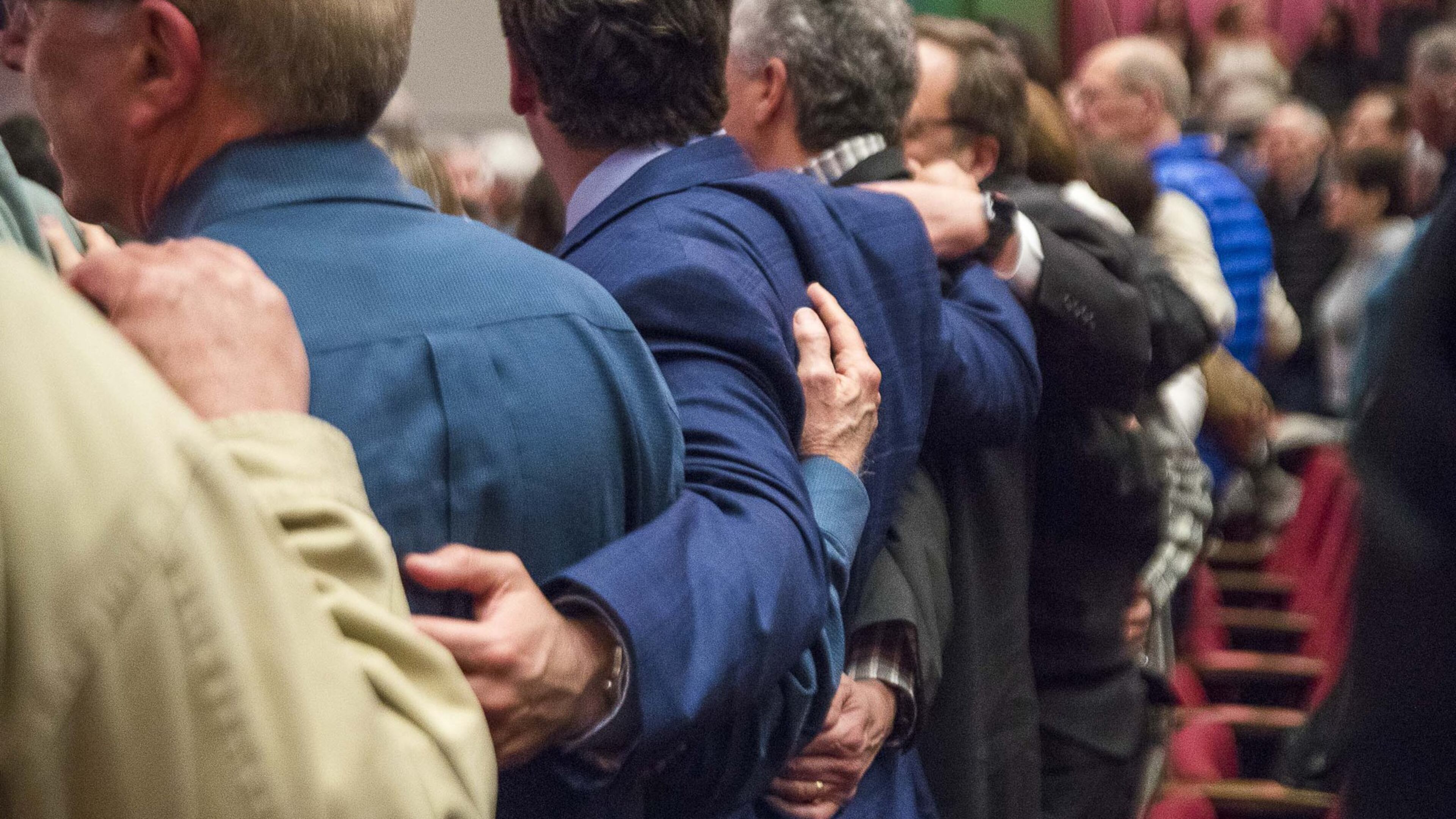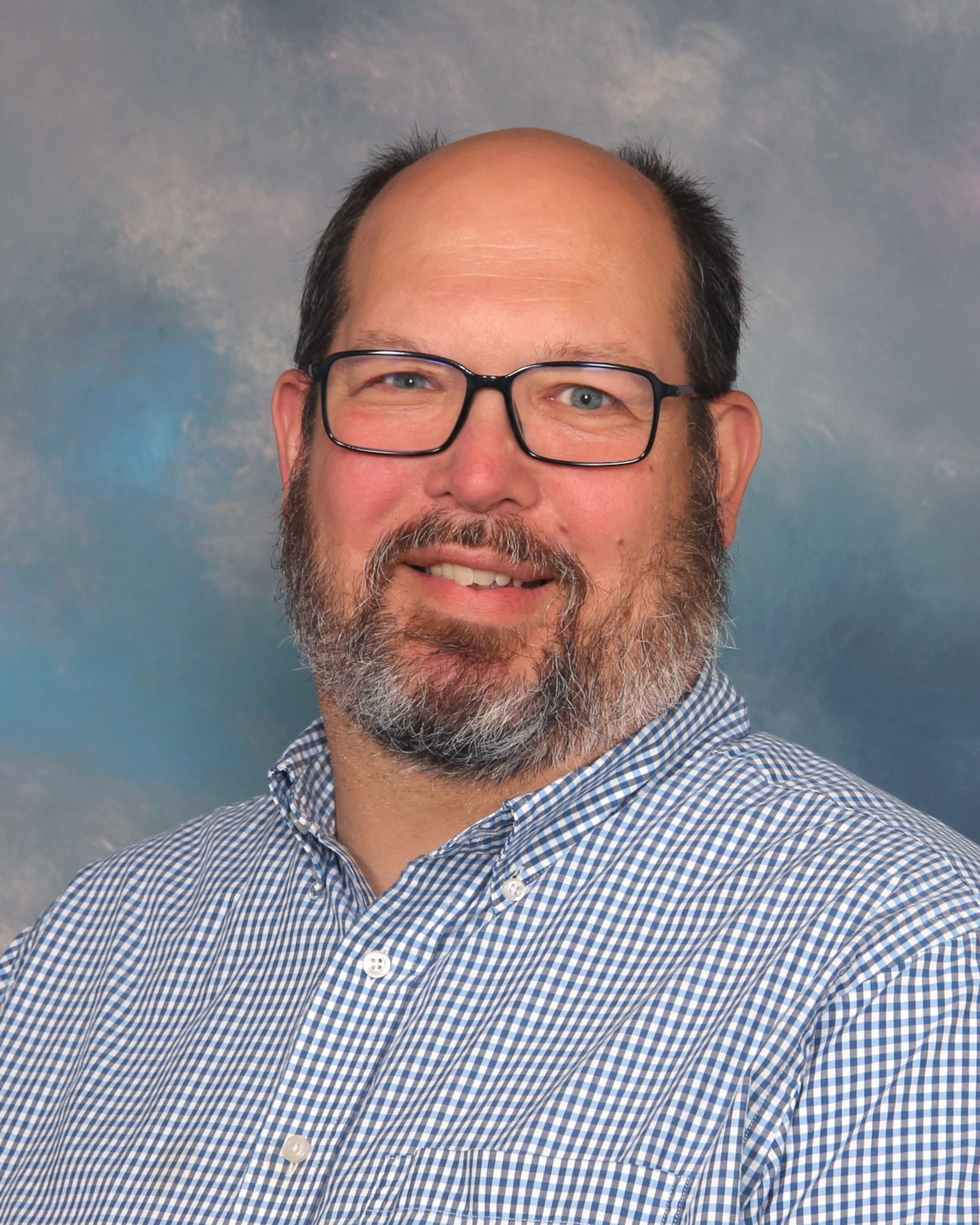OPINION: Why it’s time to put ‘we’ ahead of ‘me’ more often

Sometimes, I just don’t know what to think of us.
I suggest we stand with the Jewish community against hatred and I get a note from a black man saying that African Americans need support too and another from a white guy who felt the need to ask me why crimes against white people aren’t considered hate crimes.
Stuff like that boggles the mind, renders me nearly speechless. I used to feel the same way when my daughters were small and would exclaim “what about me, what about me,” forgetting her sister had just been injured or needed me the most.
That kind of behavior from a kid I can understand, even explain away, but I don’t even know how to respond to an adult so void of emotional maturity.
People are dying and all they can think about is themselves. What’s so bad about this is these are not isolated responses.
Columns about the Black Lives Matter movement are almost always met with the proverbial “all lives matter” reaction. Of course, they are right, but to say black lives matter is no more exclusionary than if I’d say to one friend among five what a pretty dress. It doesn’t mean the other outfits aren’t pretty; it just means I like that one.
I’d like to think that this is a simple deflection tactic, but the more it happens, the more I’m convinced that we’ve got a problem here and it’s going to keep us stuck in the past, repeating history.
Or perhaps this is just the result of our unwillingness to hear each other.
RELATED | Support the Jewish community and be the difference the world needs
Mark Naison, a professor of history and African American studies at Fordham University, seems to think so.
“This is a moment in U.S. history when people have a hard time listening to anyone calling attention to injustice directed at a vulnerable group without calling attention to their own victimhood, real or imagined,” he said.
And so instead of regarding protest against injustice as something to be evaluated on its intrinsic merits or historic significance, people see such protest as an attack on something dear to them or their own claims to victimhood, Naison said.

“In this worldview, protest is viewed as a hustle or an unfair way of competing for scarce resources, epitomized by the phrase ‘playing the race card,’ ” he said. “It also is a reflection of the devaluation of compassion and empathy as values, symbolized by the election of a president who mocks those traits. The vision underlying such behavior is of society as an arena for a battle for supremacy between competing groups, where you lose if you let down your guard by showing compassion for anyone under attack. It is a prescription for division conflict and mutual suspicion.”
And doom.
It’s a good bet someone will read Naison’s comment pointing to President Donald Trump, for instance, and will totally miss the point of all this, which is a call for us to grow up and look outside of ourselves, to finally “put away childish things.”
Don’t be the baby still unable to take responsibility for himself, still screaming, still thought of as helpless, irritable, wounded, always needing to be looked after, needing to be soothed or comforted.
RELATED | Why was there a mistrial in the Walter Scott case?
There are indeed times for that but not when someone else is hurting and in need of compassion.
Getting from me to we can be hard, especially in this fast-paced technological society we live in today. I know.
But trying to create a false equivalency in regards to racism or hatred, for instance, attempting to define and control protest space, and by implication, denying the historical importance and contemporary significance of race as a source of discrimination and conflict in American history is wrongheaded.

Take for instance, the All Lives Matter issue. Rather than deal with the facts, Christopher Huff, an assistant professor of history at Beacon College, said it seems easier to forget that police forces, which were overwhelmingly white, have long been used to ensure that blacks remain second-class citizens than find fault. These same forces played important roles as participants and protectors when white communities lynched individual African Americans or engaged in collective violence against African American communities like that in Tulsa, Oklahoma, the subject of HBO’s “The Watchmen.”
“At a time when resurgent white conservatism has fostered an atmosphere in which even blatant racism is tolerated in a way that hasn’t been seen since the 1960s, people who ‘don’t consider themselves racist’ are finding acceptable ways of expressing latent racism/tribalism by denying the history of police-based racism and supporting a social institution that has existed at the center of violence against African Americans since the 1860s by trying to move the focus away from the issue of race into one about law and order,” Huff said.
For some, this might seem like a random rehearsal of trends, but all sadly are rooted in a single underlying shift in our culture: the relentless rise of narcissism, a very positive and inflated view of self.
Me. Me. Me.
The time has come, indeed is overdue, for us to take a step back and consider every now and then how someone else, not you, might feel about what has happened or is happening to them.
Even if you don’t care, try and keep it to yourself.
Find Gracie on Facebook (www.facebook.com/graciestaplesajc/) and Twitter (@GStaples_AJC) or email her at gstaples@ajc.com.


